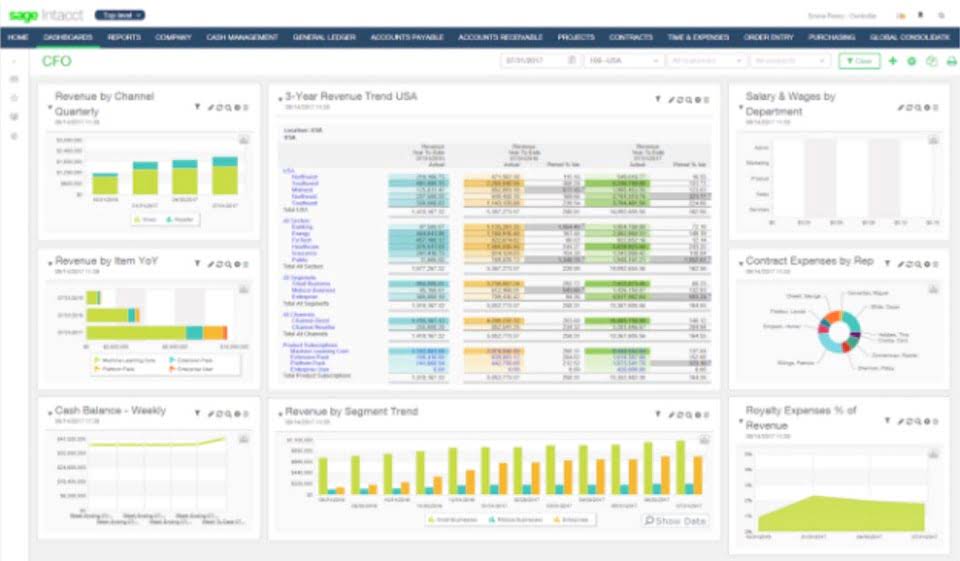A Complete Guide on Cloud Accounting: Benefits and Advantages
Ценные бумаги и операции с ними МТС Поддержка
October 26, 2021Happy Hour Etiquette & Drinking With Coworkers
December 2, 2021
Scalable solutions save time and ensure you won’t need to switch software as your business expands. Consider whether you need advanced features like real-time analytics, tax compliance, and mobile access, as these can significantly impact productivity and decision-making. Today, businesses are shifting to smarter, faster ways to manage their finances. An ERP system is crucial for any organization because it keeps all business processes on one central database. This means you can connect modules designed to manage different aspects of an enterprise.

of accountants see the benefits of cloud accounting

Put simply, cloud accounting refers to the use of software hosted on Accounts Payable Management remote servers to manage and process financial data. Instead of installing software on local machines, users log in via the internet to access their accounting platforms. This differs from traditional accounting methods, where software licenses need to be installed on each computer, and frequent manual updates or backups are required.
- Moreover, transitioning to cloud-based systems enhances data security and disaster recovery capabilities.
- This means that businesses can manage their financial information from their office computers, laptops, tablets, or even their smartphones.
- Cloud accounting simplifies collaboration, allowing your team to unite regardless of their locations.
- Cloud accounting software allows businesses to perform a range of accounting tasks, including creating and sending invoices, tracking expenses, managing bank transactions, and generating financial reports.
Remarketing Best Practices to Grow Your Business

The accessibility and mobility of cloud accounting software enable greater collaboration and flexibility. Multiple users can access and update the financial data simultaneously, making it easier for teams to work together and stay on top of their financial management. Whether they are in the office or on the road, businesses can access their financial data and make informed decisions in real-time. As businesses increasingly embrace CARES Act digital transformation, cloud-based accounting solutions are poised to become the standard for financial management.
Management
- Your financial information is securely saved on internet servers, known as the “cloud.” This means you don’t have to rely on your computer’s storage or worry about losing data.
- As time goes on, more and more firms are using cloud accounting software as a way to modernize their business processes and financial operations.
- Traditional accounting software does not possess the ease of access feature that is a key feature of cloud accounting software.
- Not only do they recognise the benefits online accounting offers your business, they reap the rewards themselves.
The simple, straightforward platform allows users to easily create invoices, manage expenses, generate reports, accept credit card payments through Square and more. The downside to the free software is the fact it is not cloud accounting meaning as robust as many of its competitors in the cloud accounting software space. Basic features such as inventory management features, customer support, expansive tax services and time tracking, are not available through Wave. One of the key advantages of cloud accounting software is its accessibility.

Cloud accounting software like QuickBooks makes it much easier to compile the information you need to file a successful remittance. The days of disorganised desktops and overstuffed file cabinets are past because cloud accounting will simplify your workspace. Documents may be digitally scanned and safely stored in the cloud, allowing you to say goodbye to mountains of paperwork and welcome to a neat, orderly workstation. Gone are the days of complicated software installations and endless updates.
